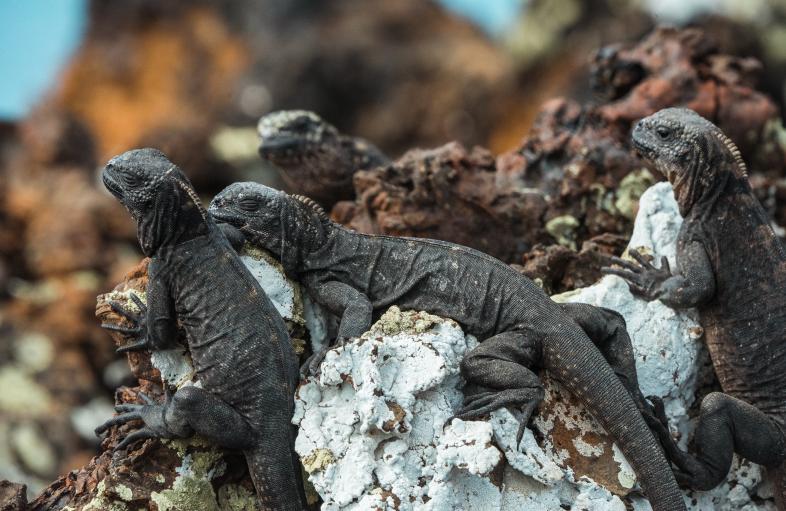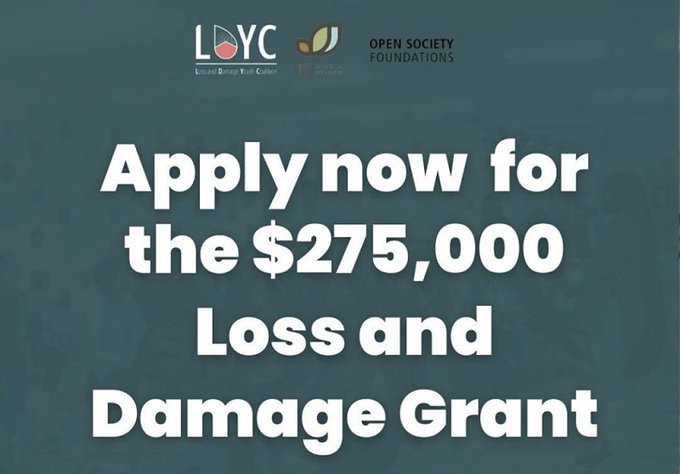
2022 Earth Journalism Network (EJN) Biodiversity Story Grant ($5,000).
Deadline: November 20, 2022.
EJN is offering reporting grants to support the production of in-depth stories that highlight previously untold threats to global biodiversity or explore new conservation-based solutions.
Earth’s wildlife populations have dropped by ~69% in just under 50 years, according to the latest Living Planet Report produced by the World Wildlife Fund and Zoological Society of London. As humans persist in clearing forests, trading in species of flora and fauna, consuming beyond the limits of the planet and polluting on an industrial scale, the biodiversity that sustains a liveable planet continues to disappear.
Earlier this year, INTERPOL, recognizing the impact of environmental crime on biodiversity, deemed poaching and trafficking an international security priority. It is also a grave health concern: the Intergovernmental Science-Policy Platform on Biodiversity and Ecosystem Services has warned that biodiversity loss increases the risk of future pandemics.
The media has an important part to play in raising awareness about the importance of biodiversity issues and enabling citizens, policymakers and private companies to determine how they can better address the drivers of biodiversity loss.
To support journalists around the world to produce engaging and fact-based stories for their home audiences, EJN is offering story grants through the Biodiversity Media Initiative, with financial support from Arcadia, a charitable fund of Lisbet Rausing and Peter Baldwin.
STORY THEME
For this particular grant opportunity, they are interested in funding ambitious stories that use innovative multimedia, collaborative or investigative approaches.
Special consideration will be given to applicants looking to conduct in-depth cross-border or enterprise reporting on biodiversity or conservation topics. Proposals for data journalism and geojournalism are welcome.
This year, themes they are interested in supporting include (but are not limited to):
- Under-reported stories of trafficking of endangered flora and fauna and its impacts
- New or little-known threats to species diversity
- New methods to track environmental crimes such as illegal mining and logging and other drivers of biodiversity loss
- Innovative, potentially scalable conservation solutions led by communities, governments or corporations
- Efforts to boost “green” and “blue” economies to enable development that conserves rather than exploits the environment
As they are looking to raise global awareness about new threats or solutions, proposals that focus on topics or stories that have not been widely covered are preferred. Issues that have already received a lot of media coverage or don’t provide unique, high-impact angles are less likely to be selected.
ELIGIBILITY CRITERIA
A. For the purposes of this grant call, they are only accepting applications for stories focused on the countries listed here, though journalists from any country can apply.
B. Applications are open to journalists (online, print, television, radio) and other expert media practitioners with experience in investigative reporting and covering environmental issues.
C. They encourage applications from freelancers and staff from all types of media organizations—international, national, local and community-based.
D. EJN reserves the right to disqualify applicants from consideration if they have been found to have engaged in unethical or improper professional conduct.
E. They’ll accept both individual and group applications, but for the latter they ask that the application is made in the name of one lead applicant who will receive the grant on the group’s behalf, if awarded.
GRANT
They expect to award story grants of up to $5,000 each, depending on the proposal and needs.
APPLICATION
- Click the ‘Apply now’ button at the top of the page.
- If you have an existing account, you’ll need to log in. If not, you must register for an account by clicking “Join the Network” on the top right of the page.
- If you start the application and want to come back and complete it later, you can click ‘Save Draft.’ To return to the draft, you’ll need to go back to the opportunity and click ‘Apply now’ again to finalize the application.
- Applications should submit two samples of stories or links to relevant work, a detailed budget with justification for the amount requested, and a signed letter of support from their editor, explicitly stating that the media outlet will publish the stories produced as a result of this grant.
Note: You’ll be asked to upload these supporting documents once you start the application process, so please have them handy.



